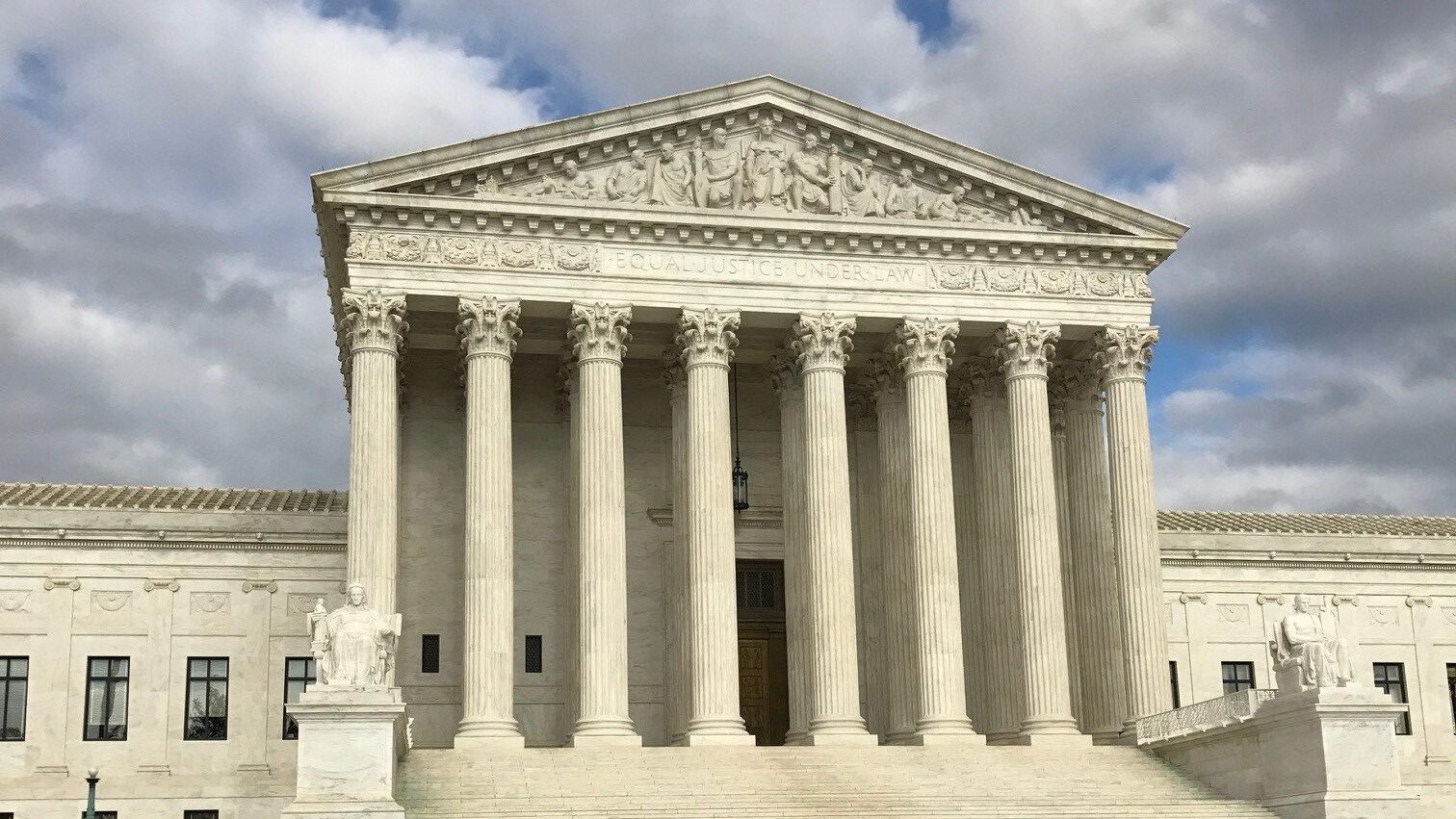It would be easy to say that the Supreme Court’s decision on Friday has nothing to do with the workplace and therefore presents no employment law issues.
But such an approach would not only be foolish, it would be wrong.
The full impact of the decision will be felt for an entire generation while a full analysis of the decision’s impact will take some more time too (though my partners have done a great job with one here). But it’s apparent from the first few reads of the Court’s decision in Dobbs v. Jackson Women’s Health Organization is that it presents a real challenge for employers and is so disruptive in so many ways both for employers and employees.
First, the decision minimizes (at best) or ignores (at worst) the concept of “stare decisis” which is that the Court’s prior decisions become binding precedent — and therefore have meaning. People can rely on those decisions to predict what will happen next and respect the decision once it gets made. If the Court undermines that concept, it risks becoming exactly like the much maligned National Labor Relations Board. The NLRB is a federal agency that, some would argue, changes its mind depending on how the Board is composed (whether Democrat majority or Republican). For example of such a flip flop, see one of my prior posts about the NLRB here.
This is not a good thing; the Rule of Law depends on people having some faith in the institution itself. If people think the system is rigged to whatever party is in power, then the more likely they will be to minimize its importance or keep fighting until they think the system is in their favor. Stare Decisis provided some measure of comfort to parties and gave employers the opportunity to plan for the future.Continue Reading Dobbs and the Impact of the Court’s Decision for Employers
